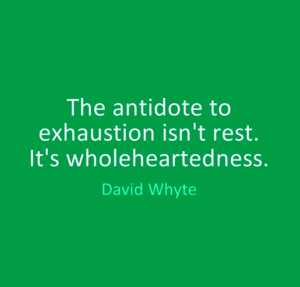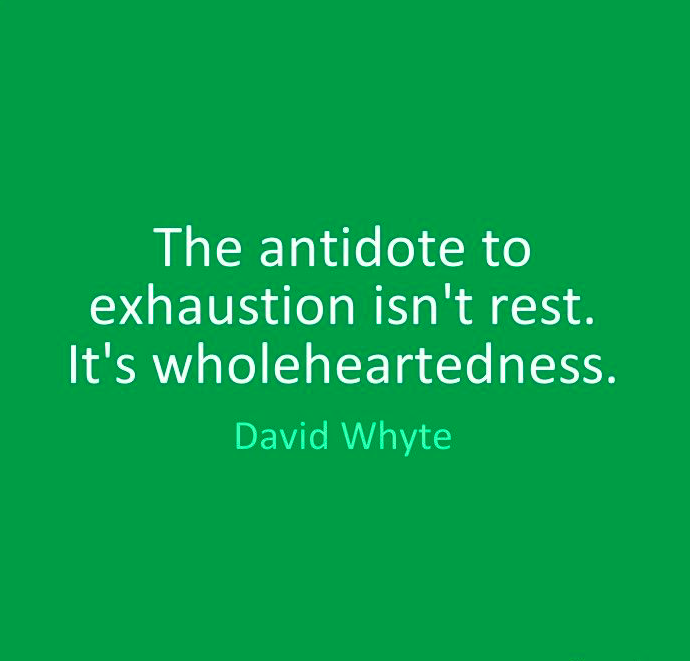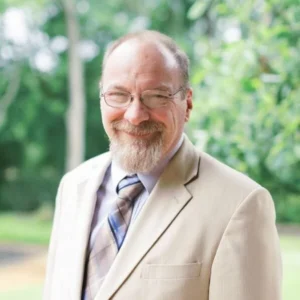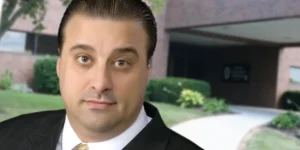 There is a line in Paul’s letter to the Ephesians that grabs me. Paul is teaching this young church about the nature of Jesus and what this Messiah has accomplished on the spiritual plane. He tells them that Jesus has destroyed the dividing wall of hostility. He is talking in the moment about the wall that stood between Jews and Gentiles. Jesus is the one who by his sacrifice brings the Gentiles inside the wall. This lesson is about two kinds of people who have been made one by Christ.
There is a line in Paul’s letter to the Ephesians that grabs me. Paul is teaching this young church about the nature of Jesus and what this Messiah has accomplished on the spiritual plane. He tells them that Jesus has destroyed the dividing wall of hostility. He is talking in the moment about the wall that stood between Jews and Gentiles. Jesus is the one who by his sacrifice brings the Gentiles inside the wall. This lesson is about two kinds of people who have been made one by Christ.
Let me emphasize what Paul is teaching and what he isn’t. Paul isn’t teaching that the Israelites were to abandon their principles or that the Gentiles were to remain unchanged. This is not about everybody just getting along. Paul’s teaching here is deeper. This is about a spiritual reality. He is telling his audience — and us — that the ground beneath the cross is level.
What grabs me is that phrase — “the dividing wall of hostility.” This isn’t just about groups but about me. Many of us live with this dividing wall of hostility that runs right down the middle of us. That wall keeps us from being one, whole person. There are parts of us that want everything to line up in perfect little bullet points. We don’t want God to get too close. We just want him to give us a list of things to do so we can check the boxes and claim ourselves “good enough.”
“I’m a good person. Isn’t that enough?”
“I believe in God. Isn’t that enough?”
“I go to church. I pay my taxes. Isn’t that enough?”
That’s one side of the wall. The other side of the wall knows the truth. That person we want to be? We’re not that person. On our own, we can never be good enough, right enough … enough. The war rages inside of us as these two sides duke it out and that fight bubbles over, showing up as impatience in our work, distrust in our relationships, unreasonableness in our expectations, anger even at God.
This is the human condition. We are all fighting against our fallen human nature, all battling manifestations of selfish desire. To the extent that we nurture this division within, we breed dysfunction and depress authenticity. Even if we don’t admit it to anyone else, we know about this division. Parker Palmer says,
“I pay a steep price when I live a divided life – feeling fraudulent, anxious about being found out, and depressed by the fact that I am denying my own selfhood. The people around me pay a price as well, for now they walk on ground made unstable by my dividedness. How can I affirm another’s identity when I deny my own? How can I trust another’s integrity when I defy my own?”
So what to do about that wall? David Whyte is a full-time poet now but for years, he worked other jobs while he wrote in the margins of his life. It exhausted him. He had a friend, a monk named Brother David Steindl-Rast, who came to visit. Whyte told Brother David about his life and his unfulfilled dreams and his exhaustion over trying to hold it together, and he asked his friend what the cure is for exhaustion. Brother David replied, “The cure for exhaustion isn’t rest. It’s wholeheartedness.”
Sit in this truth a moment: The cure for exhaustion isn’t rest. It’s wholeheartedness.
We know this is true, because this is both Old and New Testament-tested. The great Jewish truth is this: “You must love the Lord your God with all your heart, and all your soul, and all your strength” (Deuteronomy 6:5). Jesus brought this into the New Covenant as a command. “‘You must love the Lord your God with all your heart, all your soul, and all your mind.’ This is the first and greatest commandment. A second is equally important: ‘Love your neighbor as yourself.’ The entire law and all the demands of the prophets are based on these two commandments” (Matthew 22:36-40).
John Wesley drew on that truth in his questions to those planning to preach the Methodist way. He asked, “Are you resolved to devote yourselves wholly to God and his work?” Not half-heartedly. Not with your spare change and spare time. Not only as far as your comforts will take you. Not fearfully, but wholly to God and his work? Without that kind of vulnerable, wholehearted faith, it is impossible to please God.
To the extent that you nurse a “dividing wall of hostility,” the effort to be all in will exhaust you. But (hear the good news) the stuff in your life that is exhausting you — the frenzied activity, the scattered schedule, the divided life — can actually be the source of your healing. It happens as you hold your exhaustion before God, confess the dividedness in every area where it exists and make mature choices about what has to go so the wall can come down. Because here’s the thing: that wall that you have put up to keep you safe is the same wall that is keeping you from experiencing the power of God.
Wholehearted living releases us into miraculous faith. What needs to give so you can live a wholehearted life?








